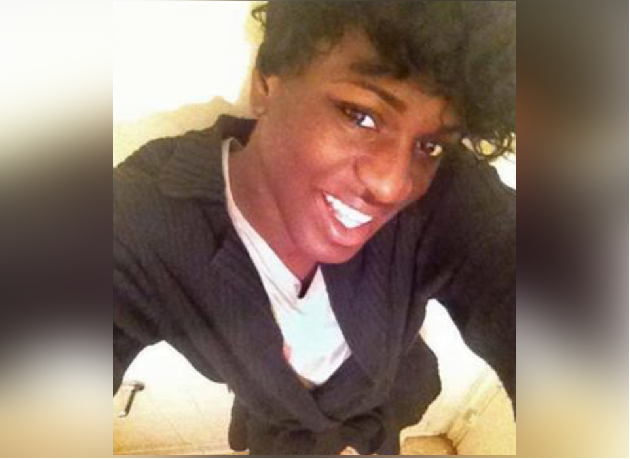
Thank you for reading D.C. Witness. Help us continue our mission into 2024.
Donate NowBy
D.C. Witness Staff
- February 19, 2019
Court
|
Daily Stories
|
Homicides
|
Suspects
|
A judge ruled that the prosecution in a murder trial didn’t have enough evidence to support their theory that a transgender woman’s death was a hate crime.
Co-defendants Monte Johnson and Jalonte Little are charged with felony murder while armed and robbery while armed, among other offenses, for their alleged role in the death of 22-year-old Deeniquia Dodds, also known as Gregory Dodds, on the 200 block of Division Street, NE in 2016.
During the trial Feb. 19, D.C. Superior Court Judge Milton Lee said the prosecution’s strongest evidence supporting the claim that Dodd’s death was a hate crime was a witness, who is also a transgender woman. The witness testified that Little assaulted her a week before the murder.
According to the witness, Little asked her to have sex in exchange for money and when she declined he pulled out a gun and told her to strip. The prosecution said the assault demonstrates that Little has a pattern of targeting transgender women.
However, Judge Lee noted that during the witness’ testimony she and the prosecution repeatedly referred to the alleged incident as a “robbery” when they were instructed not to. As a result, Judge Lee said the testimony was “prejudicial” and while he refused to declare a mistrial, he decided to strike the witness’ testimony from the record.
Judge Lee said the rest of the prosecution’s evidence regarding the hate crime claim is “weak.”
Judge Lee also said brothers Shareem Hall, 25, and Cyheme Hall, 23, who are also charged with Dodds’ death, testified that the group didn’t intentionally target transgender women.
According to the prosecution’s theory, Johnson, 23, Little and the Hall brothers were involved in a series of robberies targeting transgender women. Shareem testified that he saw Johnson shoot Dodds.
Closing arguments are scheduled to begin on Feb. 20.
Follow this case